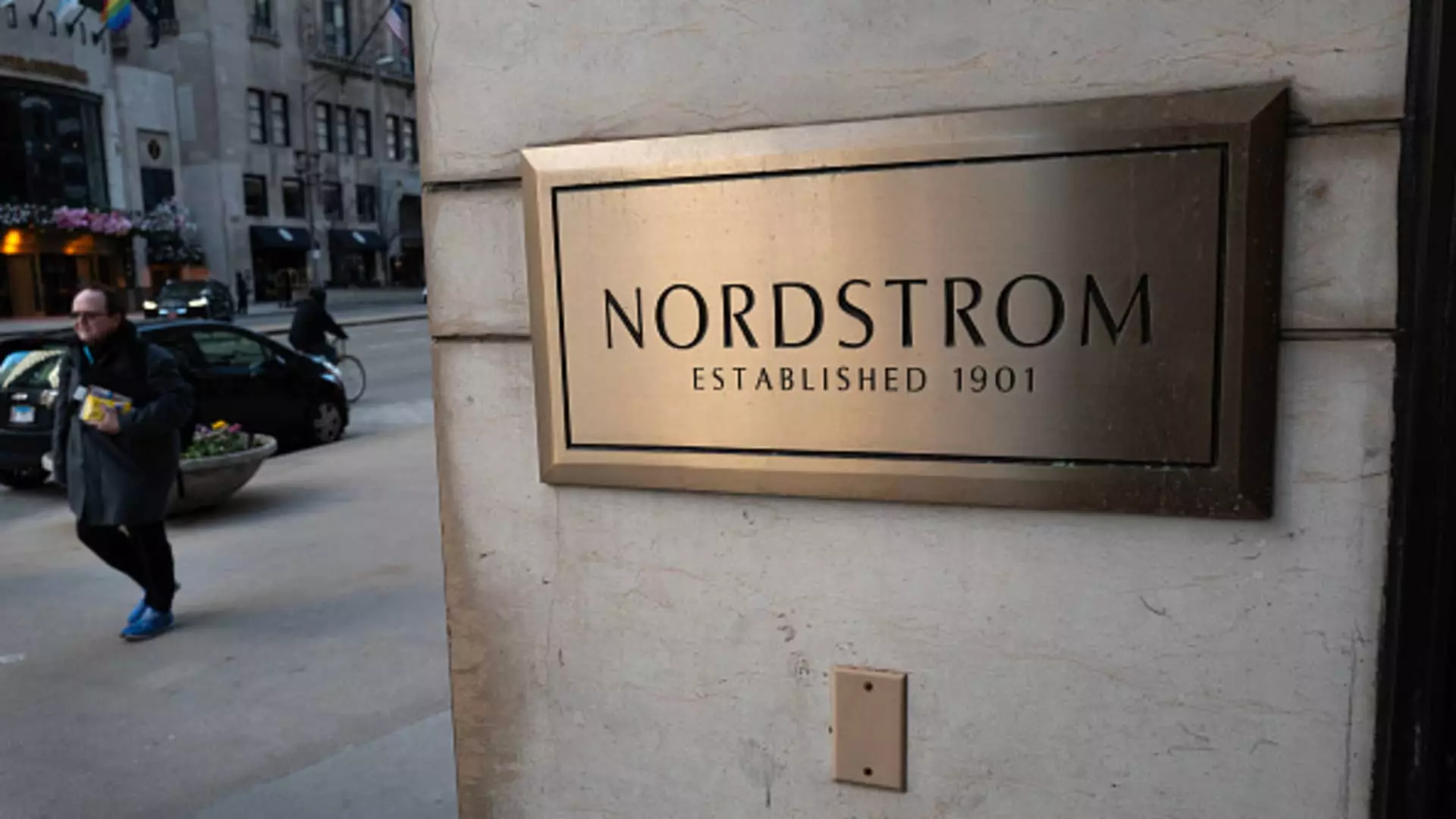In a significant move that highlights the evolving landscape of retail, Nordstrom has declared its transition into a private entity following a buyout deal worth approximately $6.25 billion. This agreement, reached between Nordstrom’s founding family and the Mexican retail giant El Puerto de Liverpool, signals a major shift in ownership dynamics and strategic direction for the well-established department store. With the Nordstrom family set to hold a 50.1% stake and Liverpool a 49.9% interest, this transaction, sanctioned unanimously by the company’s board of directors, is slated for completion in the first half of 2025.
Nordstrom’s journey to privatization is not an unprecedented endeavor; in fact, it reflects a broader narrative of struggles faced by retail giants in a rapidly transforming market. A previous effort to go private in 2018 did not materialize, raising questions about the strategic direction the company would take. More recently, the Nordstrom family’s offer of $23 a share represented a valuation of around $3.76 billion but did not gain immediate traction among investors. However, after rumors surfaced earlier this year regarding privatization talks, the company’s stock witnessed an uptick, indicating renewed investor interest and speculation about the company’s potential.
CEO Erik Nordstrom articulated the ethos that has underpinned the company’s operations for over a century, focusing on customer experience and satisfaction. The acquisition marks what he refers to as “an exciting new chapter,” signaling an opportunity for deeper strategic collaboration among family members and the company’s broader team. Under private ownership, Nordstrom could potentially enhance its agility in a market that demands quick adjustments to changing consumer preferences.
Despite posting a 4% increase in year-over-year revenue during the fiscal third quarter, Nordstrom, like many luxury retailers, faces mounting pressure from consumer behavior shifts. Economic factors have resulted in shoppers becoming increasingly discerning, prioritizing essential purchases over luxury items. With competitors such as Walmart and Target also navigating these challenges, Nordstrom’s future approach will need to focus on balancing quality with affordability to appeal to a broader customer base.
The implications of this buyout extend beyond Nordstrom—it may serve as a bellwether for other retail companies grappling with the necessity of redefining operational strategies to thrive in a changing consumer environment. As a leader in the industry, Nordstrom’s transition into a private entity could inspire similarly situated retailers to consider opportunities for taking control of their destinies away from the manic public market pressures.
Nordstrom’s decision to become a private company stands as a testament to the evolving retail environment and the need for businesses to adapt. As it embarks on this new chapter, the company will await the challenge to innovate while maintaining its core principles, ultimately determining its success in a competitive market.

